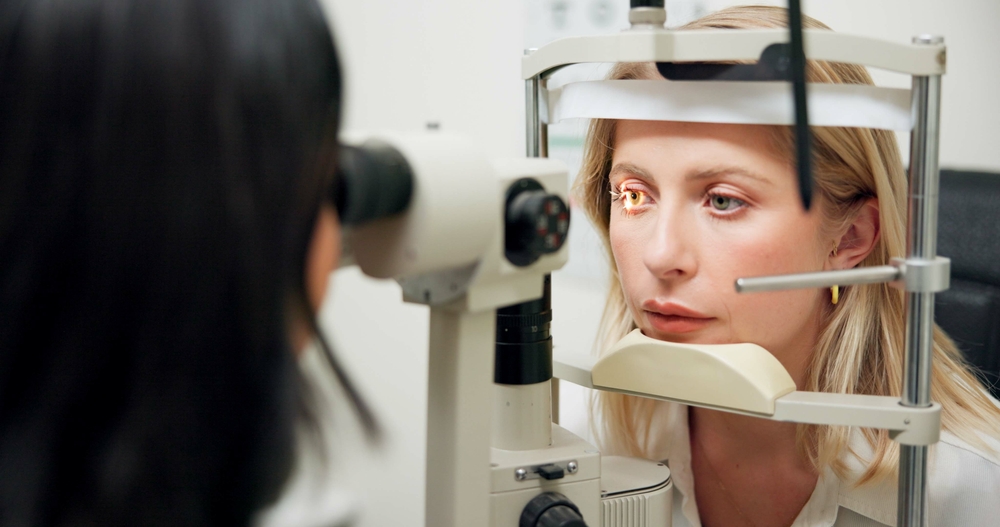
Understanding the Different Tests Involved in a Comprehensive Eye Exam
A comprehensive eye exam is essential for maintaining good vision and overall eye health. Whether it's your first time visiting Diamond Bar Optometric Center or you're a regular patient, understanding the different tests involved can help you feel more comfortable and informed during your exam. Here's a breakdown of what you can expect during a comprehensive eye exam and the importance of each test.
Visual Acuity Test
The visual acuity test measures how well you see at various distances. During this test, you’ll be asked to read letters on a chart, typically placed at a distance of 20 feet. This is one of the most common tests in an eye exam and helps determine if you need prescription glasses or contact lenses.
Refraction Test
A refraction test is performed to determine the exact prescription you need for corrective lenses. Your eye doctor will place a device called a phoropter in front of your eyes, and you’ll be asked to compare different lens options. This test helps diagnose nearsightedness, farsightedness, astigmatism, and presbyopia.
Eye Muscle Test
To assess how well your eyes work together, an eye muscle test is conducted. The eye doctor will ask you to follow a moving object (like a pen or light) with your eyes. This test checks the strength and control of your eye muscles, ensuring there are no issues with eye alignment or movement, such as strabismus (crossed eyes).
Pupil Response Test
This test evaluates how your pupils respond to light. Your eye doctor will shine a light into your eyes to see how your pupils contract and expand. This helps detect any potential neurological issues and ensures that your pupils are reacting normally to changes in light.
Slit-Lamp Exam
A slit-lamp exam allows your eye doctor to examine the structures of your eye in detail, including the cornea, lens, iris, and retina. Using a specialized microscope with a bright light, your optometrist will check for signs of cataracts, corneal injuries, macular degeneration, or other eye conditions.
Retinal Exam
During a retinal exam, your eye doctor will examine the back of your eye, known as the retina, along with the optic nerve and blood vessels. A special magnifying lens is used, and your pupils may be dilated for better visibility. This test helps detect conditions like diabetic retinopathy, macular degeneration, and retinal detachments.
Color Vision Testing
A color vision test is performed to assess your ability to distinguish between different colors. This test is especially important for detecting color blindness, which can sometimes go unnoticed until adulthood.
Peripheral Vision Test
Your peripheral vision, or side vision, is tested to ensure you have a full field of vision. Loss of peripheral vision can indicate glaucoma or other neurological issues.
Schedule Your Next Eye Exam with Diamond Bar Optometric Center Today
Each test performed during your comprehensive eye exam plays a specific role in evaluating your overall eye health. By checking for a wide range of conditions, from vision problems to eye diseases, your optometrist can provide personalized recommendations and treatments to protect and improve your sight. Regular comprehensive eye exams are essential for early detection of issues that may not yet have noticeable symptoms, allowing for more effective treatment and prevention.
At Diamond Bar Optometric Center, we’re committed to providing thorough eye exams tailored to your unique needs. Contact our office in Diamond Bar, California, by calling (909) 861-4999 to schedule your comprehensive eye exam today.





